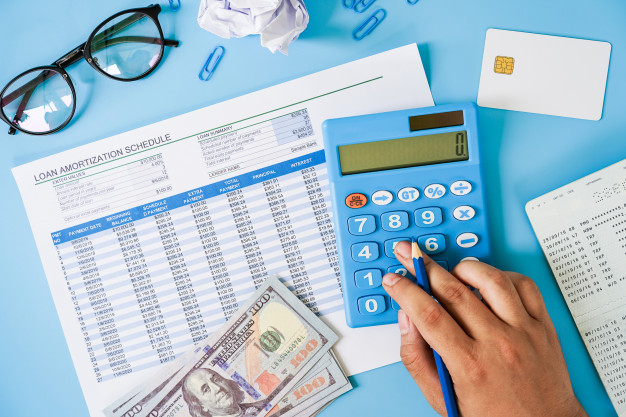For the Bitcoin enthusiasts asking how come Bitcoin was celebrating its 10th birthday when it was launched in 2008.
Well, you are right about the fact that Bitcoin was launched in 2008, but it was not on the open-source network. It was 2010 when Satoshi Nakamoto gave the reign of Bitcoin to open source and disappeared in thin air.
This is why 2010 was considered the unsaid official year when Bitcoin was introduced to the world.
In this article, we revisit Satoshi Nakamoto’s original paperwork and see if it still holds any resemblance to the current Bitcoin industry.
Bitcoin’s 10th Birthday – Satoshi Nakamoto Vision
Previous attempts to make digital currency came close to fruition, but the projects never ended positively. Whenever people thought they had created a digital currency rivaling the fiat currency, one major problem keeps surfacing: the need for a trusted third-party platform.
This is where Satoshi’s white paper solved the problem by distributing the process of maintaining a transparent network of the public ledger. The system is secure as long as an online miner does not control the mining operation by more than 50%.
Was The Vision Accomplished?
The white paper itself was not explicit about the goals. The main goal of creating a digital currency was to attain a secure form of online cash that doesn’t depend on a third party for any validation.
This concept has already been demonstrated by the digital currency Bitcoin. The only question remains, to what extent will it be adopted?
A clue to that question lay in the recent event when Venmo started accepting Bitcoin and other Cryptocurrencies. Not only Venmo but also PayPal and Square have also announced plans to add features where the user can efficiently use these platforms to send and receive Cryptocurrencies.
Furthermore, countries like South Africa are experimenting with applications and platforms like bitcoin code, which may help people who don’t have a bank account.
Satoshi Nakamoto’s Vision has been fulfilled to some extent, But will Bitcoin permanently replace fiat currency and become the first global currency? That is something we must wait and watch.
Bitcoin: The Most Revolutionary Fintech Project In The World
According to Nakamoto’s vision, the external validation from an institutional organization can be replaced easily by a more innovative and safe Cryptographical approach. This means the sender and receiver will share a bond of trust in the cryptographic network.
Unlike the concept that Bitcoin is a coin, the true definition of Bitcoin is the digital signature. Every time you receive a Bitcoin, it carries the signatures of its previous owners.
These digital signatures prove that nobody can double-spend the same Bitcoin.
Bitcoin’s 10th Birthday – The Next 10 Years Of Bitcoin
In the past ten years, we have seen Bitcoin reaching meteoric heights and historic lows. The volatility of this digital currency has attracted the imagination of everyone, from investors and traders to hackers.
Everyone is looking for ways to reap the benefits of the new industry. For instance, investors are trying to engage with the news industry to have the upper hand in the future, governmental organizations are trying their best to keep the citizens out of the adverse effect of Cryptocurrencies, and hackers are trying to use the loopholes to make money.
In these ten years, Bitcoin has established itself as one of the top digital assets. In that light, the next ten years promise to be historic. This is primarily because of the changes which are expected to happen in the near future.
Final Thoughts
While Bitcoin has supposedly moved beyond the EARLY phase, there is a still larger picture to look at with the involvement of bigger names. Now that the popularity of Bitcoin and other Cryptocurrencies is soaring high, it would be safe to imagine that it could create a climate for a more investment-centric look-in.
But, then again it would take more than just a statue and a few announcements to solidify its position. What’s needed more today is the targeted approach to better understand Cryptocurrencies’ concept, security issues, and investment-specific perks.
Read Also:






















